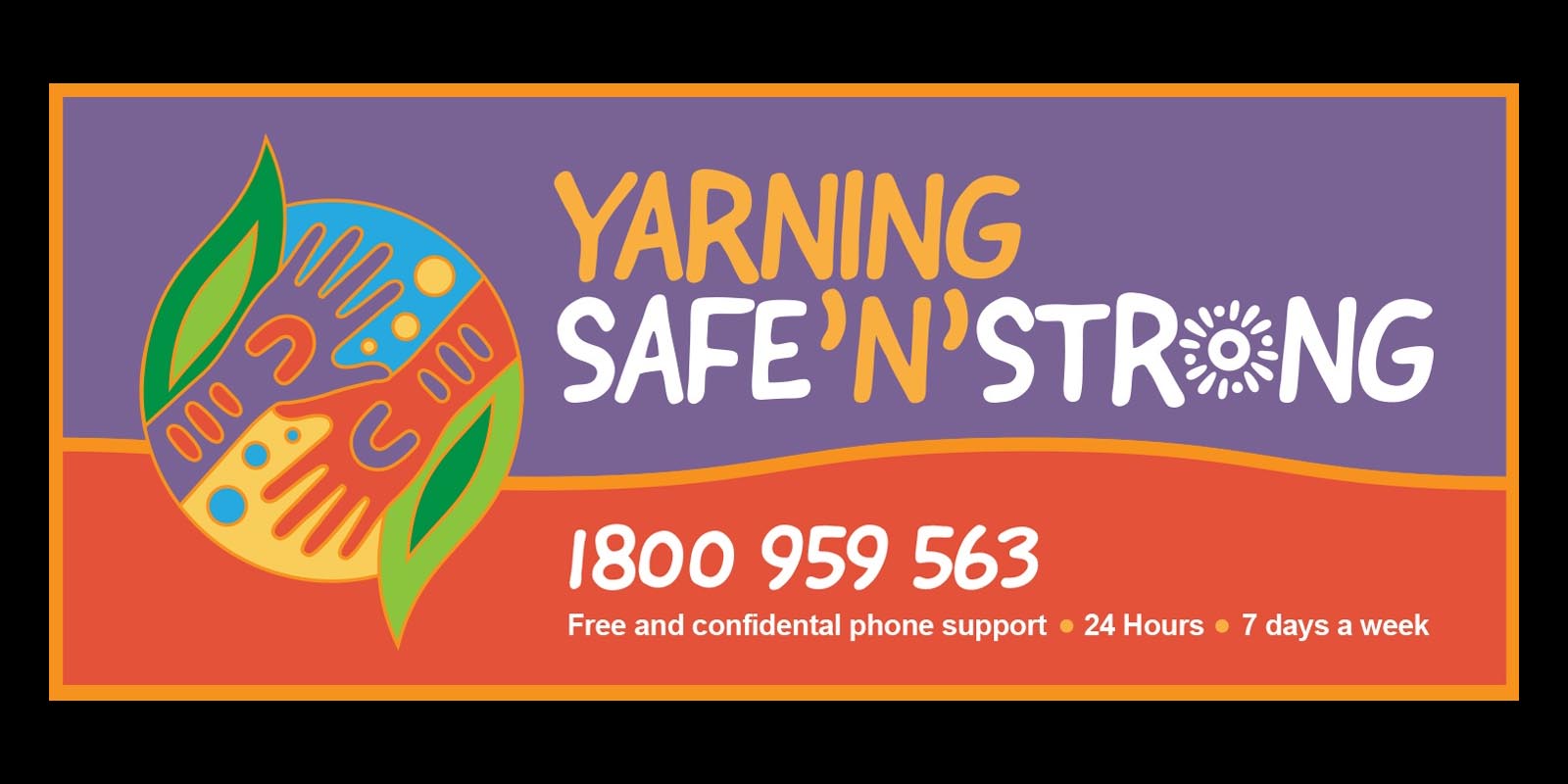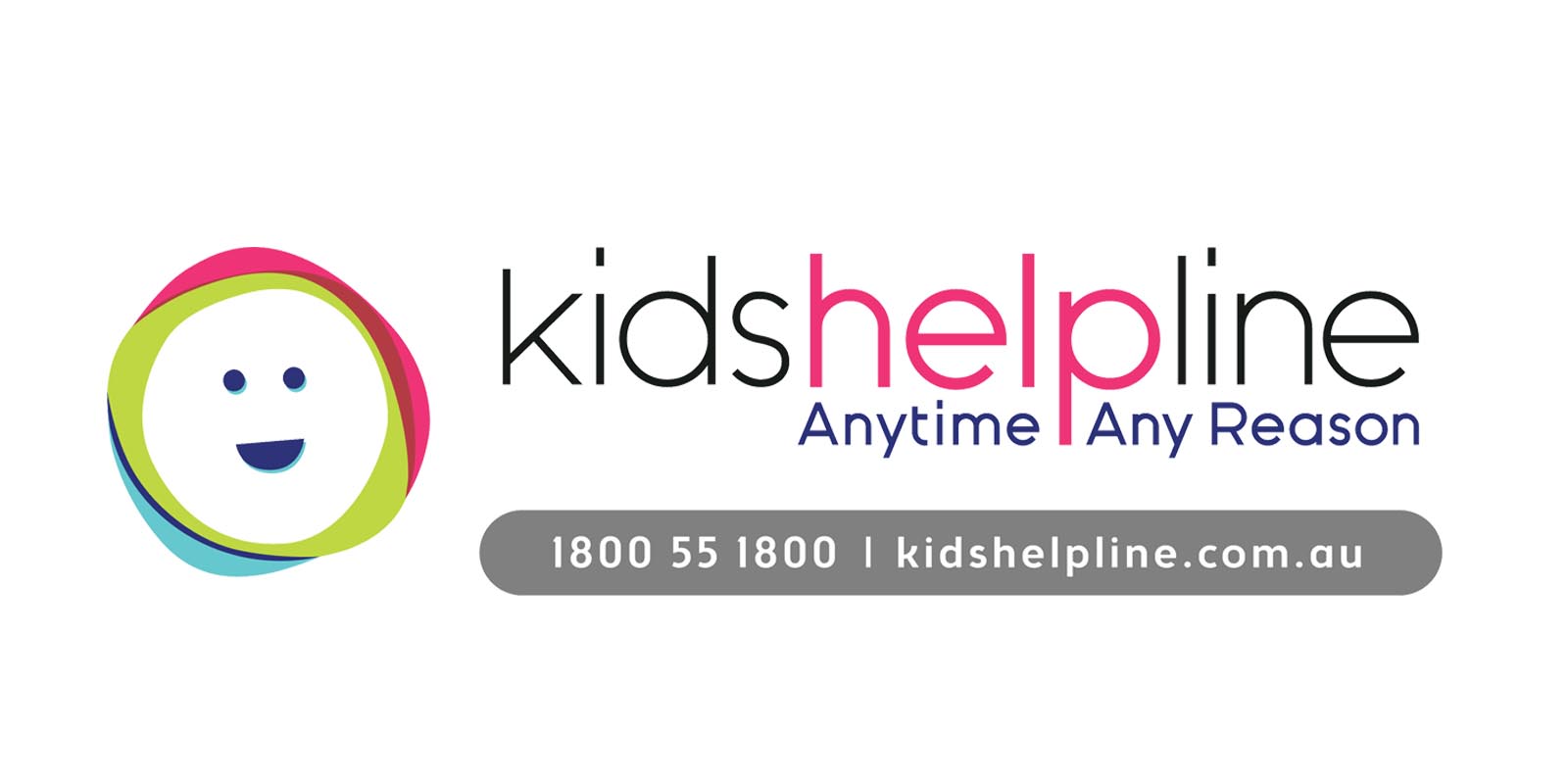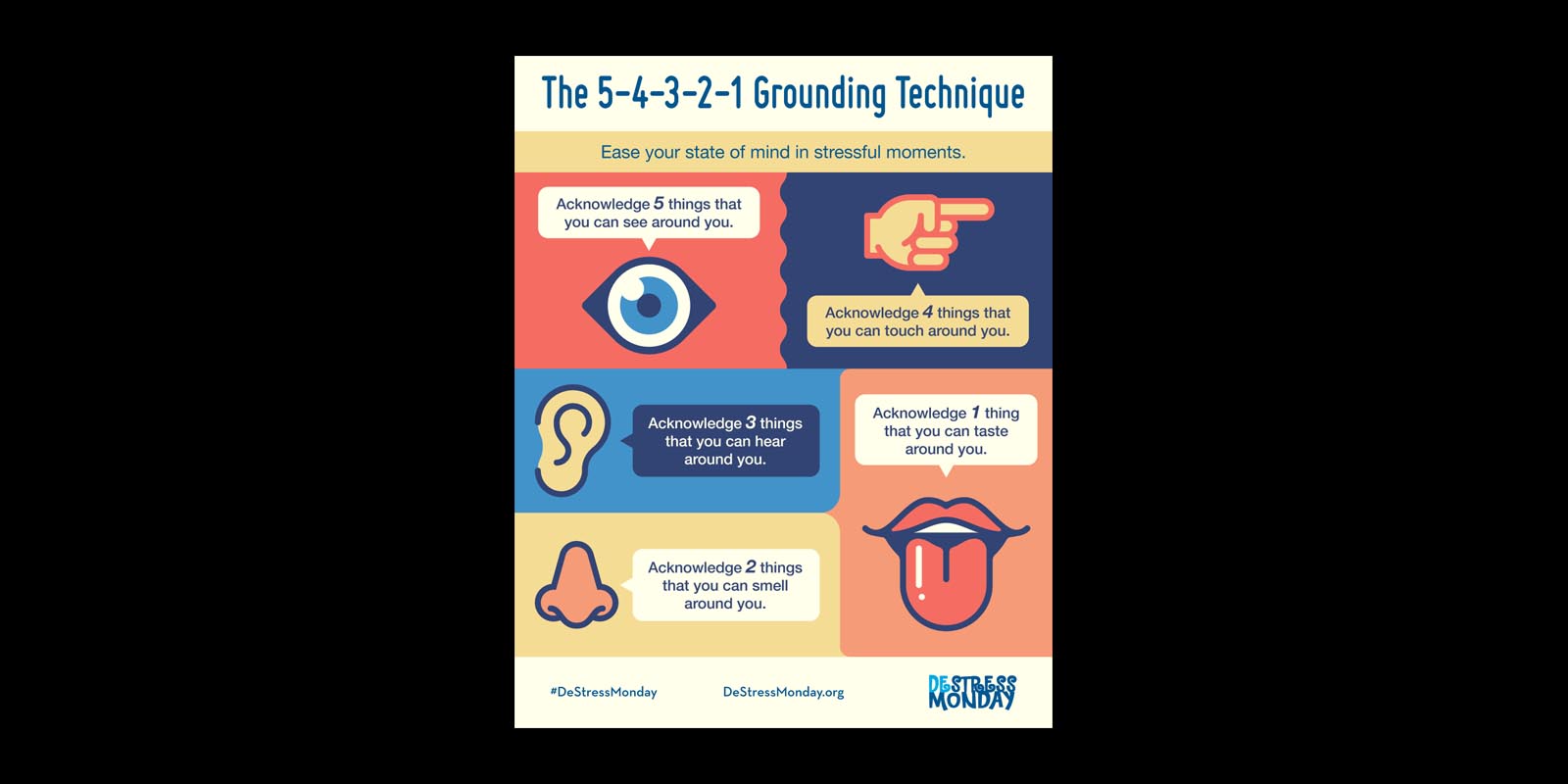Your mental health is related to the health of your mind and impacts things like how you feel, think and behave.
It is just as important as your physical health and practicing self-care can help to maintain good mental health. For Aboriginal and Torres Strait Islander people our mental health can often be tied not only to the wellbeing of ourselves but also to that of our community.
An easy way to understand mental health is by looking at it as a spectrum. On one end there is mentally healthy – this is when you are in a good place, you can bounce back from challenges and obstacles, you take part in activities and generally are able to enjoy your days.
On the other end of the spectrum is mental illness. You may feel anxious, unable to complete tasks you used to find easy, you may struggle with your day to day life or withdraw from family and friends.
In the middle is a coping area in which you may feel some pressure but you are overall doing ok, and difficult areas where your feel you aren’t doing great.
Everyone will go through periods where they are at different places in the spectrum which normal and ok!


Image: Yarning Safe'N'Strong (VAHS)
Mental Illness
Mental illness is a general term that encompasses a range of conditions/disorders such as anxiety disorders, depression, bipolar disorder and eating disorders. These can drastically effect how you think, feel and behave and it is important to have some sort of support network in place to help you cope with it.
Signs and symptoms of low mental health/mental illness include:
- not enjoying, or not wanting to be involved in things that you would normally enjoy
- wanting to be alone
- changes in appetite or sleeping patterns
- being easily irritated or having problems with friends and family for no reason
- being involved in risky behaviour that you would usually avoid, like taking drugs or drinking too much alcohol, or depending on these substances to feel ‘normal’
- feeling sad or ‘down’ or crying more often
- feeling guilt or shame
- having trouble concentrating or remembering things
- having negative, distressing, bizarre or unusual thoughts feeling unusually stressed or worried
If you are feeling any of these symptoms it’s important to talk to those you trust so that they can help support you. It’s also good to talk to a doctor or a counsellor as they are trained to be able to help in these situations and can aid you developing healthy coping strategies and good self-care.


Image: Kids Helpline.
Coping Strategies & Self-Care
It is important to have practices that help to maintain good mental health as well as to help you feel better when experiencing low periods. Coping strategies and self-care are similar but there are a few differences. Coping strategies are usually used in the moment while self-care may present more as a preventative routine that you follow.
Coping strategies
Coping strategies are things you do that you know help you to feel better in the moment.
There are ‘positive’ strategies that help you to feel better in a safe way such as reaching out to someone you trust to let them know you are not doing well. There are however ‘negative’ strategies as well such as trying to ignore the issue or relying on substances such as drugs and alcohol to feel better. The reason these are seen as negative is because they don’t actually help you deal with the issue (only your response) and can sometimes create more problems for you.
You may have natural strategies that have developed without any assistance or you may have worked with a counsellor or support person to develop ones that can help you. Coping strategies might include:
- talking to someone
- writing how you feel/journaling
- breathing exercises
- grounding exercises
- exercise
Example: 54321 grounding method
A common anxiety strategy is the 54321 grounding method (you might know it by a different name). When someone is anxious or having an anxiety attack it can be very overwhelming and this grounding method can help them return to a calmer state. First you focus on your breathing to try and regulate it, then you focus on your senses and find
- 5 things you can see
- 4 things you can touch
- 3 things you can hear
- 2 things you can smell
- 1 thing you can taste
This method helps bring you back to your present mind instead of being consumed by anxious thoughts.
Self-care
Self-care focuses more on activities you can do routinely that help promote good mental health (and physical health).
Self-care looks different for everyone as it is about doing things that make you feel happy/confident/calm. Your self-care might include:
- regular journaling
- hiking
- going out for coffee
- meditation
- making sure to get enough sleep
- reconnecting with Country
- chatting with family, friends or Elders
- setting goals
- exercise
- playing/listening to music
These are all great activities that you can incorporate into daily/weekly/monthly self-care routines that help you to maintain good mental health or can at least make it easier for you to cope when you have low periods.


Image: De-stress Monday.
Getting Support
If you are struggling it’s always important to reach out. As Aboriginal and Torres Strait Islander people we have an extremely large community who are always ready to support us.
Your support person/network might be able to help you find new coping strategies, help you get an appointment with a doctor or counsellor or even just provide a space for you to chat that’s free of judgement.
You can also reach out to different organisations and services that focus on mental health.
Organisations & Services
Victorian Aboriginal Health Service (VAHS)
The Victorian Aboriginal Health Service (VAHS) was established in 1973 to address the specific medical needs of Victorian indigenous communities. The organisation has expanded steadily over past 40 years to provide a comprehensive range of medical, dental and social services for our community.
VAHS has also established YARNING SAFENSTRONG, a free and confidential counselling service for Aboriginal and Torres Strait Islander Peoples. Yarning SafeNStrong (YSNS) is available to people and families who need to have a yarn with someone about their wellbeing.
Headspace
Headspace is the National Youth Mental Health Foundation providing early intervention mental health services to 12-25 year olds. Headspace can help young people with mental health, physical health (including sexual health) alcohol and other drug services, and work and study support.
Headspace also has its YarnSafe campaign. Yarn Safe was the first youth led national Aboriginal and Torres Strait Islander mental health campaign of its kind. It was developed in September 2014 with the help of 12 incredible Aboriginal and Torres Strait Islander young people from across Australia, who have continued to be involved in the campaign development.
National 24/7 crisis services:
- Lifeline: 13 11 14 or lifeline.org.au
- Suicide Call Back Service: 1300 659 467 or suicidecallbackservice.org.au
- beyondblue: 1300 224 636 or beyondblue.org.au
Additional youth support services:
- Kids Helpline: 1800 55 1800 kidshelpline.com.au
- ReachOut: reachout.com
- SANE Australia: 1800 187 263 sane.org
-
Tips For a Healthy Headspace
Good mental health and wellbeing allows you to live your life in a positive and meaningful way and cope with life’s changes and challenges.Download
